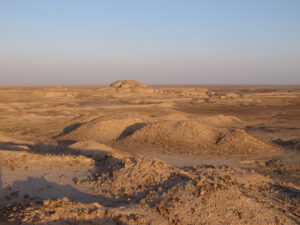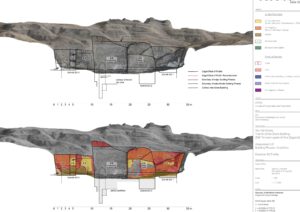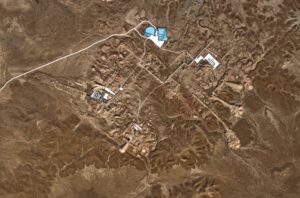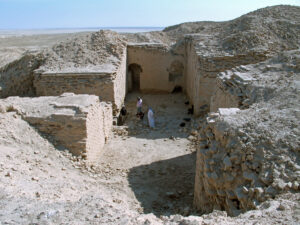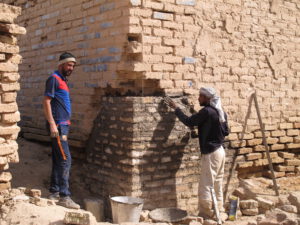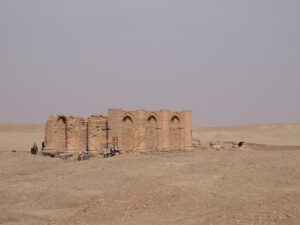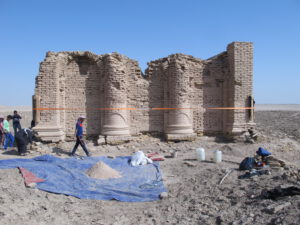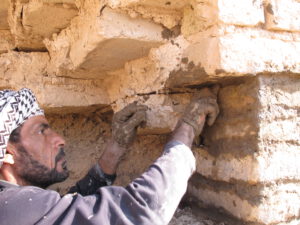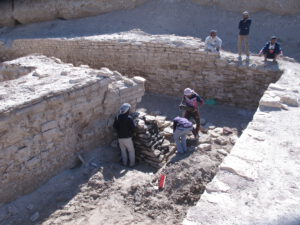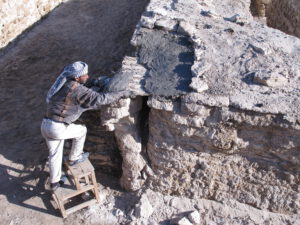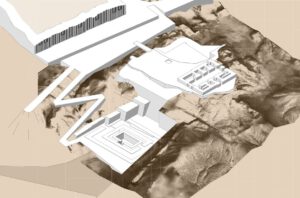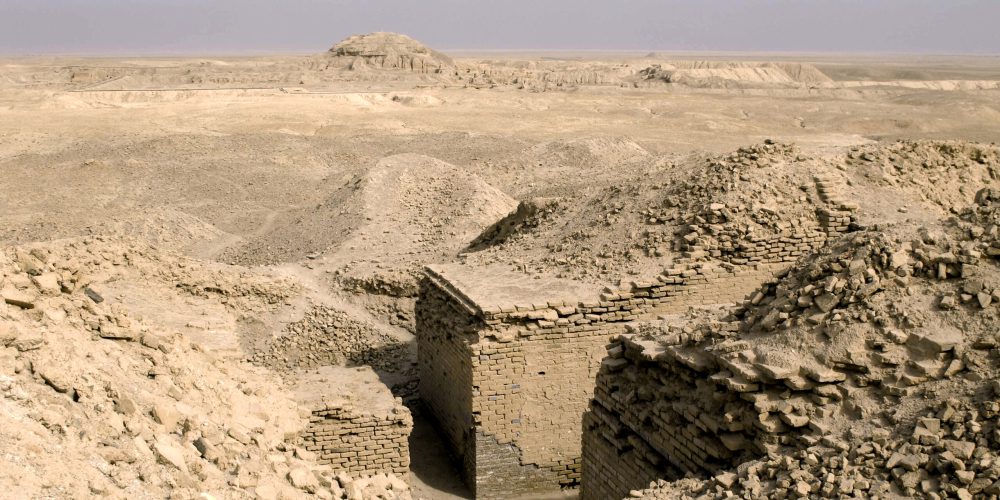
Uruk
Concept Planning of the Archeological Site
Location:
Warka, Province Muthana, Iraq
Client:
Deutsches Archäologisches Institut (DAI) Orient Abteilung
Completion:
since 2016 ongoing
Subject:
Site Preservation, Reconstruction Planning and following
Cooperation:
State Board of Antiquities and Heritage Iraq, ZRS Ingenieure
Location:
Client:
Completion:
Subject:
Cooperation:
Warka, Province Muthana, Iraq
Deutsches Archäologisches Institut (DAI) Orient Abteilung
since 2016 ongoing
Site Preservation, Reconstruction Planning and following
State Board of Antiquities and Heritage Iraq, ZRS Ingenieure
Uruk Archaeological City (modern Warka) was the forerunner of the urbanization process in southern Mesopotamia. From 4th millennium BCE on, the so called Uruk period (c. 4000-3000) it was a top political, cultural, and religious centre. The archaeological site consists of a large area in the centre of the city where different sanctuaries are situated, including two ziggurats. The area within the ancient city walls covers 530 ha. Fundamental features of urban civilization, including writing and the first literary texts are closely related to this place.
The excavations of the Deutsche Orient Gesellschaft, first started in 1912/13, continue. Since 2017 Uruk is on the UNESCO World Heritage List. In 2016 an approach for a covering conservation concept was launched. The engaged expert team is developing site concepts based on preservation analysis and scientific results with the general objective to preserve these unique ruins and present them to the public in an adequate way. In parallel safeguarding measures are implemented. An integral part of the project is the training of Iraqi experts and local workers to build up capacity for maintaining the site.
